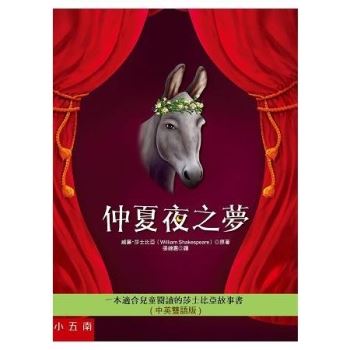Wyndham Lewis was both a serious proponent and forthright critic of modernism. His assault upon his contemporaries foreshadowed the twenty-first century scholarly interest in the networks, professions, and coteries - rather than the myths and heroics - of modernism. Lewis, after a long period of neglect, now sits increasingly at the heart of a revised field of modernist studies.
This book explores Lewis’s cultural criticism as a valuable body of writing which posed questions that have yet to be answered about subsidy and the function of the artist, about professionalism and ethics, about who should pay for the arts, and what the artist’s obligations should be in return. It is the first book-length study of this body of critical writing, through which Lewis articulated the central and most lasting of his critical preoccupations: the question of how the work of the artist is to be valued, and the artist to be paid, in a professionalised society.
This book makes an important contribution to the long overdue reassessment of a complex, contrarian figure, spanning the disciplines of literature and the visual arts, who asked pressing questions about the role and status of the artist, and ultimately about the value (economic, civic, political) of the work of art.












